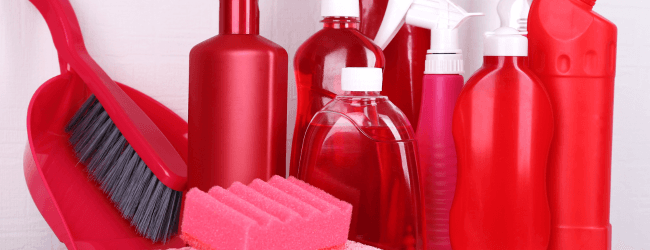
- 28 August 2024
Who’s Responsible for Mould in Your Rental Property: Tenant or Landlord?
Mould, it’s the unwelcome guest no one wants in their home. It’s unsightly, potentially hazardous to your health, and dealing with it can be a real headache. But when mould creeps into a rental property, the big question arises: Who’s responsible for cleaning it up, the tenant or the landlord? The answer isn’t always straightforward and depends largely on what caused the mould in the first place.
The Tenant’s Responsibility
Imagine this scenario: It’s winter, and you’ve kept all your windows shut tight for weeks to keep out the cold. The bathroom is always steamy after a hot shower, and the kitchen sees a lot of boiling pots without the exhaust fan turned on. Before long, you start noticing black spots in the corners of your ceiling. In this case, the mould is likely the result of poor ventilation—a lifestyle factor that falls under the tenant’s responsibility.
Key Points:
Ventilation: Tenants are expected to properly ventilate the property by using exhaust fans, opening windows, and addressing any other factors that could lead to dampness.
Reporting: If you notice any leaks or potential causes of mould, it’s crucial to report them to your landlord as soon as possible. Failing to do so could mean you’re partly responsible for any damage caused by the mould.
The Landlord’s Responsibility
Now, consider a different scenario. You’ve reported a leaky roof to your landlord multiple times, but nothing has been done. After a heavy rainstorm, the ceiling starts dripping, and soon enough, mould begins to grow in the affected area. In this situation, the mould is a direct result of a structural issue that the landlord should have addressed.
Key Points:
Maintenance and Repairs: Landlords are responsible for ensuring that the property is in good repair. If mould is caused by a lack of maintenance—such as a leaky roof or plumbing issues—the responsibility for fixing the problem and removing the mould falls squarely on the landlord.
Habitability: Under the Residential Tenancies Act, landlords must provide a safe and habitable property. Mould that makes a property unsafe or unhealthy means the landlord needs to take swift action.
Navigating the Legalities
The laws can vary slightly between states, but the general principles remain the same. The Residential Tenancies Act in various states clearly outlines the obligations of both tenants and landlords when it comes to property maintenance and habitability. If disputes arise, tenants can seek advice from their local tenants' union or consumer protection agencies.
It’s essential to communicate clearly and document everything. If you’re a tenant, notify your landlord in writing as soon as you notice mould or any potential causes. If you’re a landlord, stay on top of maintenance requests and address any issues promptly to avoid bigger problems down the line.
Conclusion: A Shared Responsibility
Ultimately, keeping mould at bay in a rental property is a shared responsibility. Tenants should maintain good habits to prevent mould from developing, while landlords need to ensure the property is structurally sound and address any repair issues quickly. By working together, both parties can ensure a healthy and safe living environment.
Got mould in your rental property? Understanding your rights and responsibilities can help you take the right steps to address the issue promptly and effectively. If you need assistance or have concerns, don’t hesitate to contact us at leasing@clubpropertymanagement.com.au.
Sources: https://www.tenants.org.au/ Consumer Affairs Victoria
Related Posts

How Roger Galway Turned the ATO into His Side Hustle
When most people think about building wealth, they picture grinding through long hours, promotions, and maybe a few smart stock picks. Roger Galway had a different idea. Two decades ago, he realised the nine-to-five grind wasn’t going to cut it. So he started buying property. Now, he owns nine of them across...

No Storm Surge Here: Brisbane’s Budget Holds Steady for Investors
In the wake of ex-Tropical Cyclone Alfred, which brought Brisbane its wettest day in 50 years with over 420mm of rain in some suburbs and winds reaching up to 60 km/h, the city faced significant recovery challenges. Despite the extensive damage, including power outages affecting over 56,000 homes and businesses,...

Stamp Duty Doesn’t Have to Hurt — Here’s Where It Doesn’t
Stamp duty isn’t the most exciting part of buying property, but it can seriously shape what you can afford and how quickly you can grow your portfolio. A national report by SQM Research for the Real Estate Institute of Australia (Stamp Duty: The Relationship to Australian Housing Affordability and Supply, October...